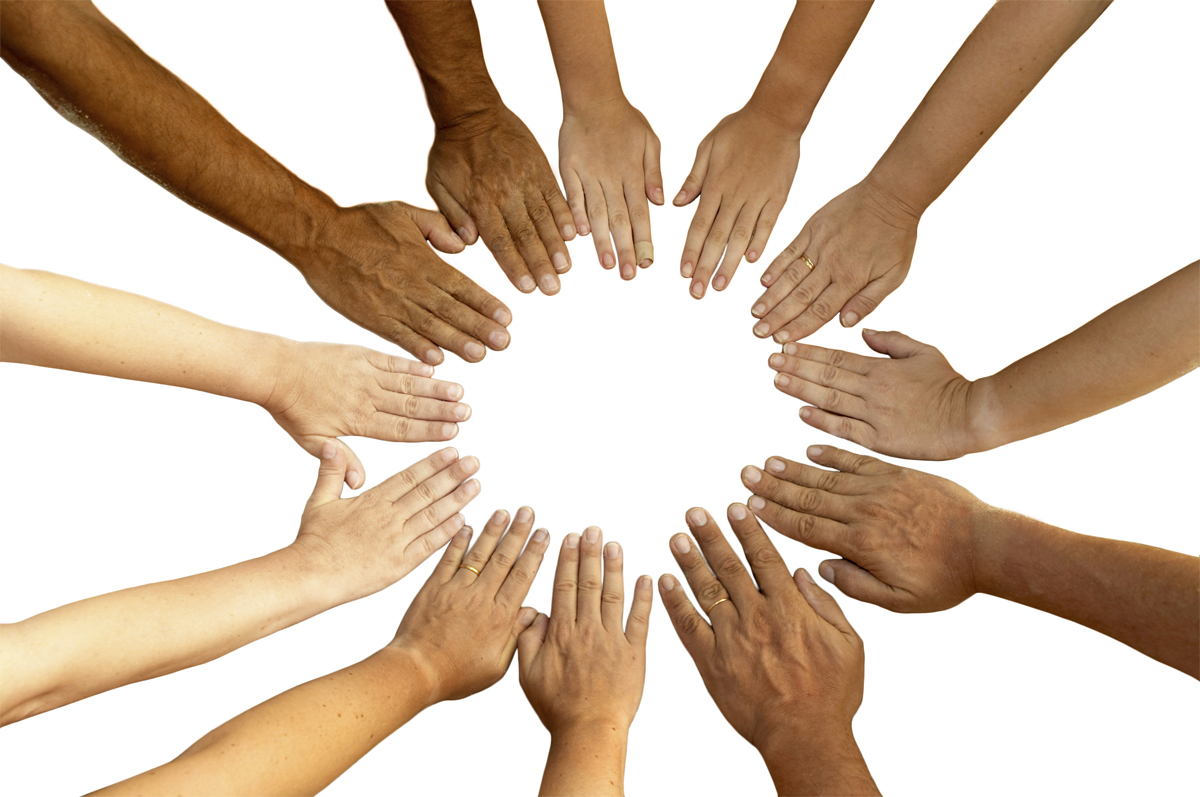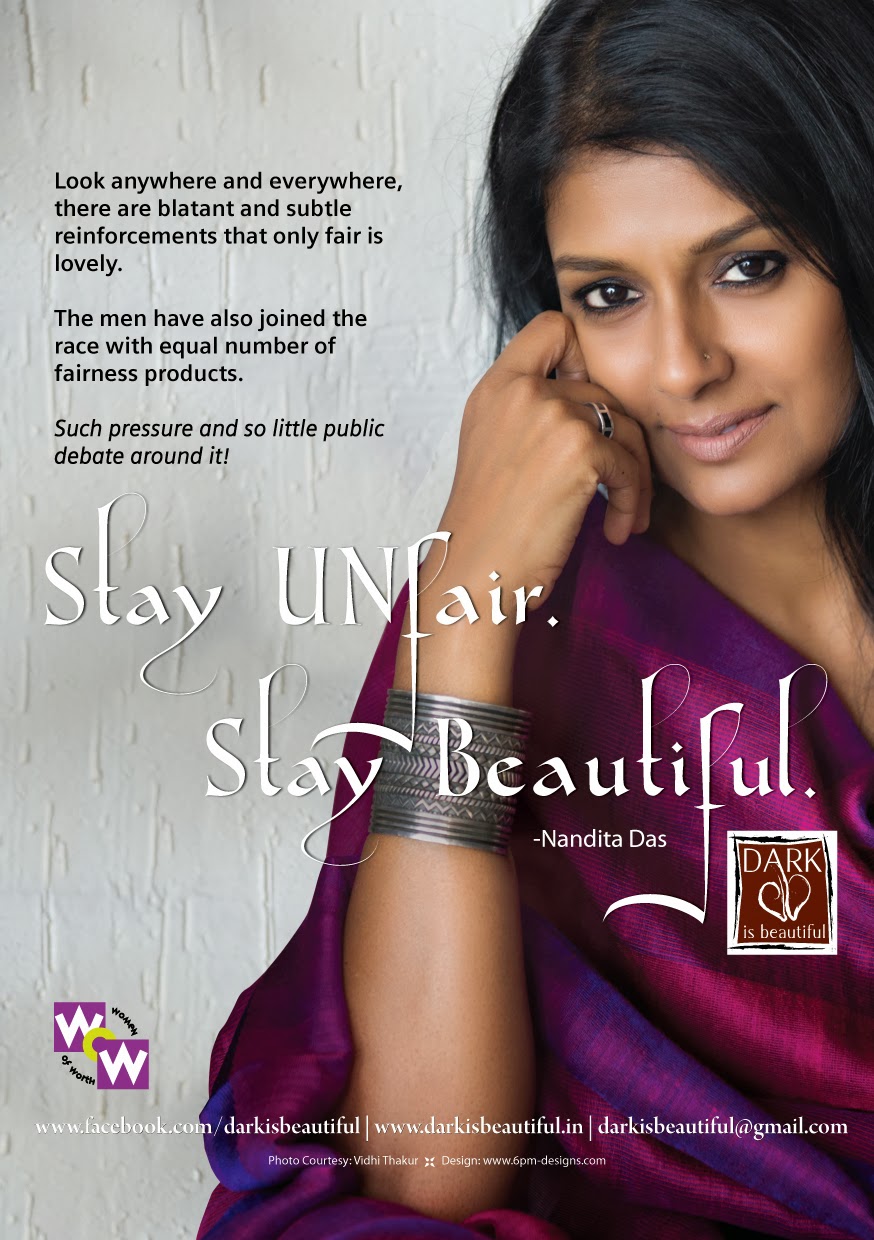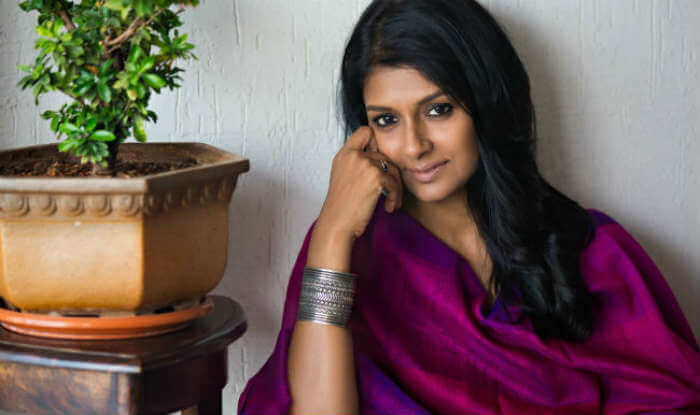Does colourism exist in the Tamil community?
It most certainly does. How often have we heard comments about our skin colour, or sympathetic remarks about someone who could be beautiful if they were only a little fairer?
Once, during a family party when I introduced my daughter to an elderly woman, her first comment was that it was too bad that my daughter was not as fair skinned as me. Is fair skin still a highly sought after symbol of beauty in this day and age?
If you are from a Tamil household, you are no stranger to relatives passing judgement on your skin tone at some point or another. If you are darker-skinned, you may hear suggestions on how to lighten your skin or defensive comments from your family about how you were born with milky light skin but it has gotten dark from being out in the sun. On the other hand if you are light-skinned and even get the slightest bit of tan, you will often hear remarks about that too.
I am constantly teaching my daughter that skin colour doesn’t matter and she has beautiful skin just like someone else with a different colour skin. However, these constant remarks from others, especially in the summer months when she gets much darker, have an impact on my little girl as it does on many other children. Children internalize a lot of things and often bring them up at random times. “Mommy I like your skin, it’s so nice and light” said my 4 year old daughter one day, expressing concern over her skin colour. She even commented that my skin was “nice and peachy.” Where does she even get these terms?

With constant remarks about skin colour and the need to be light-skinned, what are we teaching our children? It breaks my heart to hear kids talk about their skin colour and appearance as they are still developing their perceptions on beauty.
Are there even proper terms in Tamil to describe someone’s colour? For example darker skin is usually referred to as “karuppu” (black) or “niram kuraivu” (less colour, not very accurate when you think about it). How about the equivalent of “tanned.” All the words I can think of mean dark skin or darkening of skin. I would love to be enlightened on this matter if someone knows of positive terms to describe tanned skin.
When light-skinned non-Tamils get a tan they usually hear positive remarks such as “Wow you are glowing, what a great tan, have you been on vacation?” This is not the case for us though. When I hear comments that I have gotten darker from being out in the sun, I often want to scream out “should I stay locked up inside”? The comments on skin colour may also start as early as when the baby is born, when relatives start to remark on the baby’s skin colour.
I know quite a few women who worry about their dark skin tones. They have been made conscious of this their whole lives due to the “light skin” standard. The media and community standards on beauty have always been based on a preference for lighter skin and a slimmer physique. We are not the only community with this perception but we need to start recognizing the fact that skin colour is not a reflection of someone’s character or beauty.

The point is not to disregard colour altogether and teach children to be colour blind. Instead of teaching our next generation superficial values about skin colour, we should teach them about diversity and inclusivity. We should teach them to recognize, accept and respect differences in people.
The next time you hear someone comment to you or your child about dark skin, you can try responding with one of the following:
- Applaud them for pointing out the obvious (this is more effective if you clap your hands really loudly and say something like “Wow kandupidicheteengal”
- Tell them not to worry as it’s only temporary and will wash out soon.
- Agree with them and tell them they are looking a bit dark themselves these days; is it something in the air? Are they sick? Regardless of how light or dark they are this will surely set them off in a panic.
Jokes aside though, we need to start pointing out how ridiculous these comments are when we hear them. We can definitely do so in positive ways. For instance, politely thanking them for the observation but state that skin colour is not very important to you or your family. Comments about skin colour have a negative impact on children and adults alike over time; especially when children realize that their skin colour is something they cannot change and become unhappy for not conforming to societal standards. We can help children develop positive feelings about their skin colour so that they will grow to recognize and appreciate differences. We should teach them to accept people of different colours and understand that no colour is better than another.

 Saumea Thayalan
Saumea Thayalan









